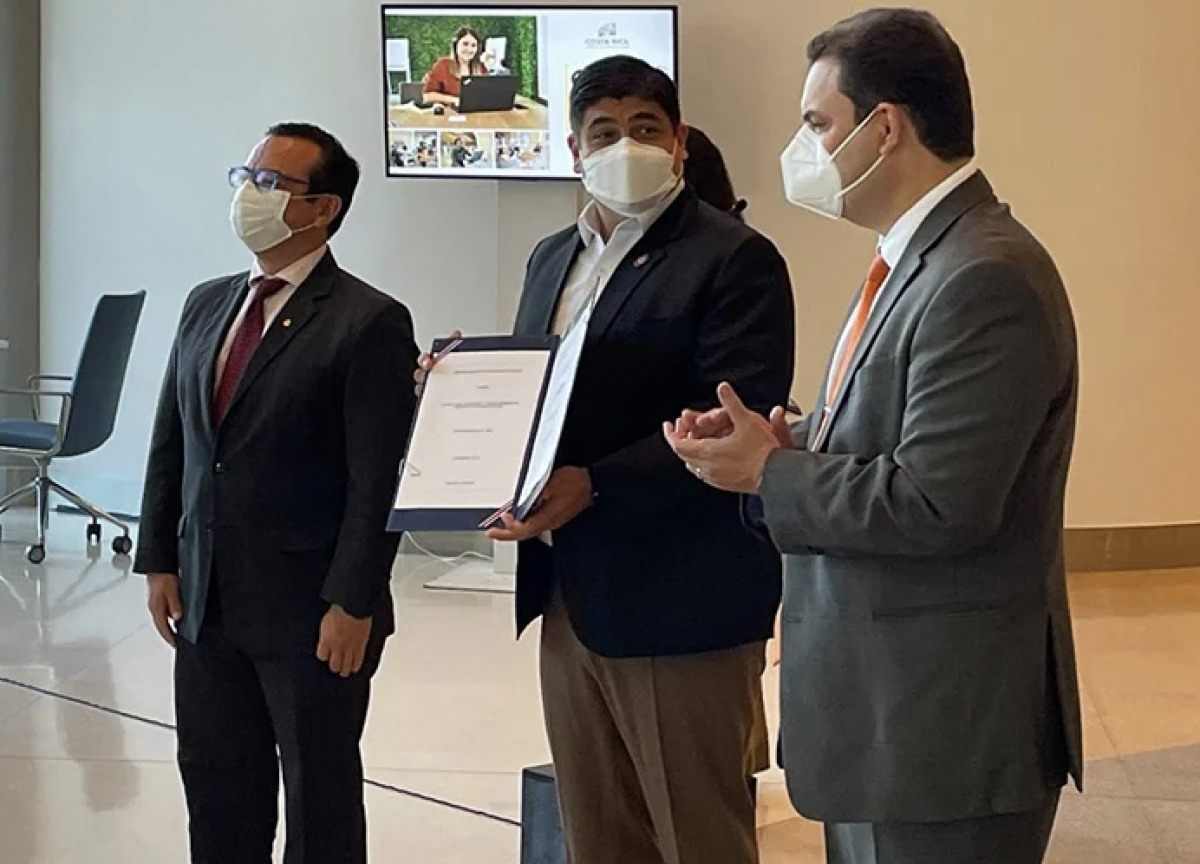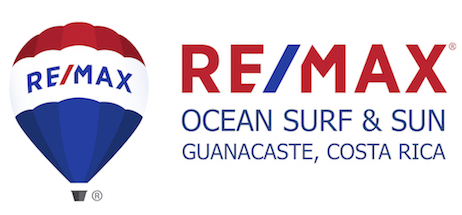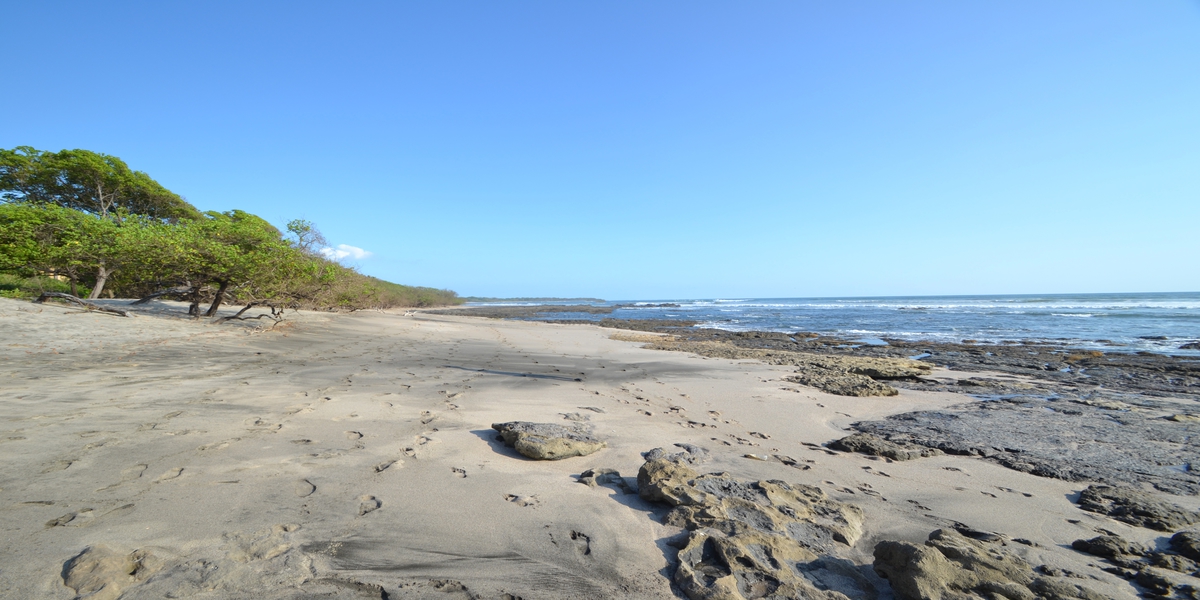July 6, 2022 - Article provided by Cordero & Cordero Abogados
The law to promote the attraction of workers and service providers that are carried out remotely, also known as "Digital Nomads Law", was published in July 2021, but the regulation to implement it was formally signed by the President of Costa Rica July 4th, 2022. The law authorizes a new migratory category of non-resident, a subcategory of "estancia", called "fifth estancia" and is for Workers or Remote Service Providers.

The requirements include:
- Proof that the person receives a stable monthly remuneration, for an amount equal to or greater than US$3000 or its equivalent. If the applicant chooses to request the benefits also for his family group, the amount of income to be demonstrated must be of US$4000 per month.
- In any case, the income needs to be received even if the person is not in their country of origin, the worker cannot generate income inside Costa Rica. The paid work or services must be allowed by the list to be provided by the Immigration Authority.
- Obtain a medical services insurance that covers the applicant for the entire duration of their stay in the country. Likewise, all members of the family group must be covered if they choose to request their inclusion as beneficiaries.
- Make a one-time payment for the granting of the estancia, as a Worker or Remote Service Provider. The amount will be determined by the Directorate of Immigration.
- Any other requirement that derives from the General Law on Immigration and Immigration Law No 8764.
The new category will be granted for one year, extendable for a single period of one additional year. To authorize said extension, the beneficiary must have stayed in the country for a minimum of 180 days during the year originally granted.
Additional incentives are:
- Total exemption from the income tax, defined by law. In no case will the beneficiaries be considered as habitual residents of the country for tax purposes, nor will the income they receive from abroad be considered from a Costa Rican source. This benefit will not be applicable to the beneficiary’s family group.
- The beneficiaries will be exempt from paying all taxes on the importation of basic personal computer, computer, telecommunications, or similar equipment, necessary to fulfill their tasks or the provision of their services, as long as they meet the criteria established by law.
- The driver’s license granted in the beneficiary’s country of origin and that is valid, will be valid for the purposes of driving in Costa Rica.
- The beneficiaries of this law may open savings accounts in the banks of the national banking system.
The General Directorate of Immigration needs to implement a digital platform to make this process 100% online. According to the President of Costa Rica, this platform implementation should be working in less than 22 days. The Regulation will come in effect once published in "La Gaceta".
Note: The purpose of the present publication is to provide general information on the updates for Immigration regulations in Costa Rica and it is not intended to be legal advice as such. In case more specific information is required regarding these topics, please contact Cordero & Cordero Abogados at info@corderoabogados.com or visit their web page at www.corderoabogados.com.
Update: the new digital nomad visa law has been 100% passed. Check out our "Guide to Costa Rica's Digital Nomad Visa".






